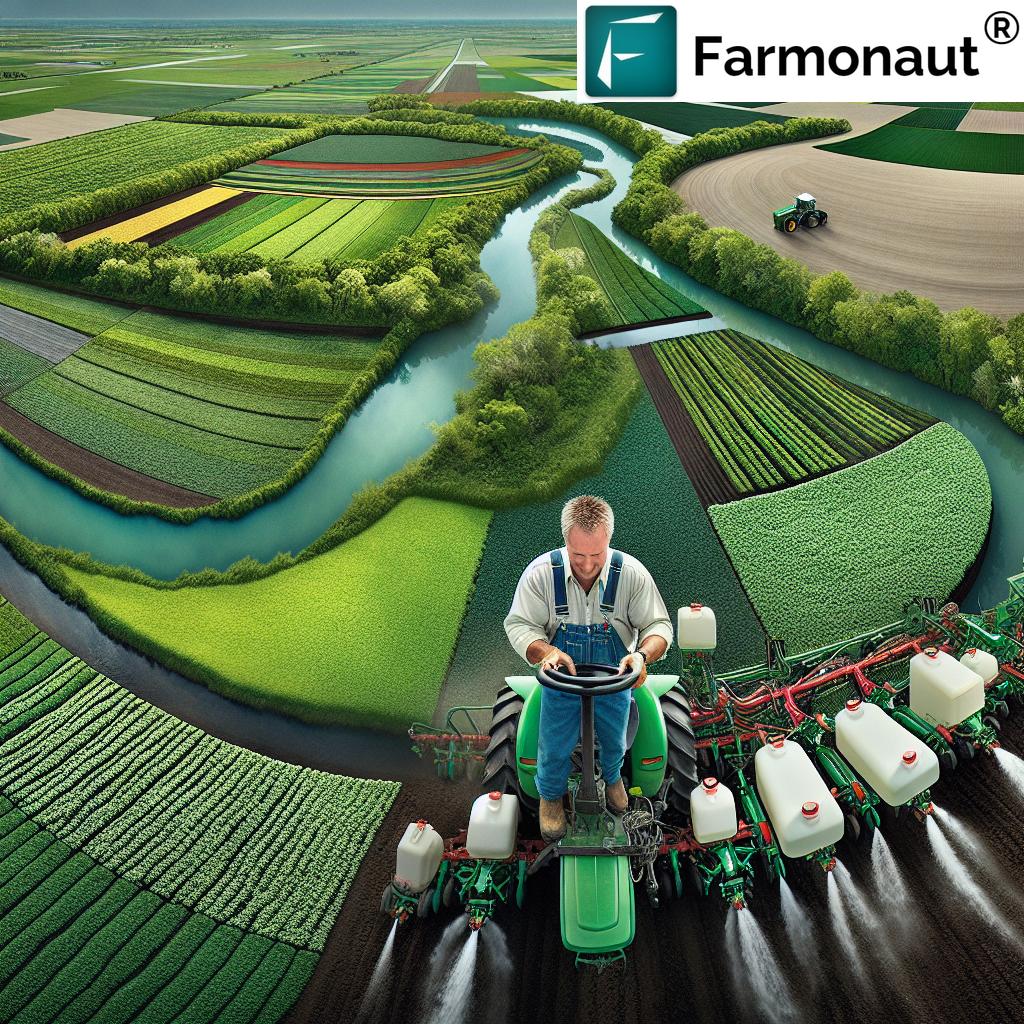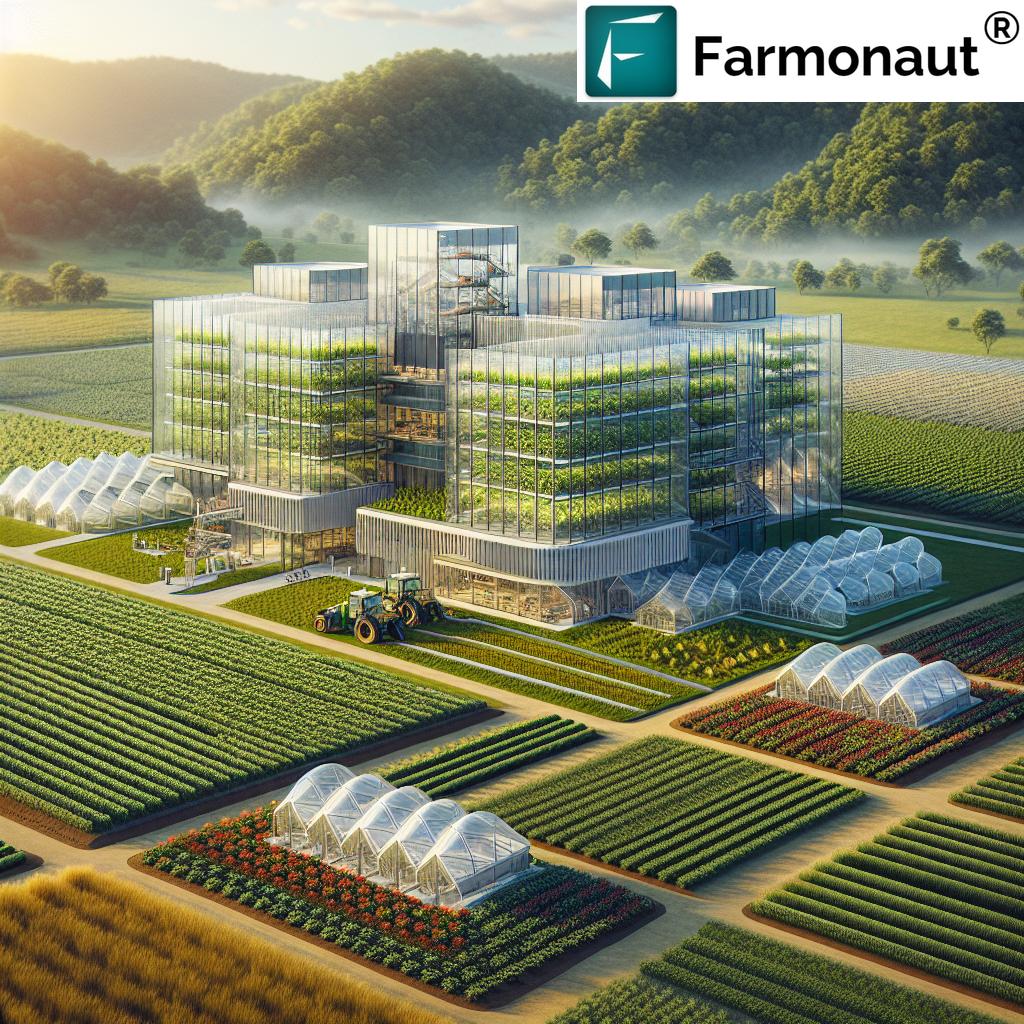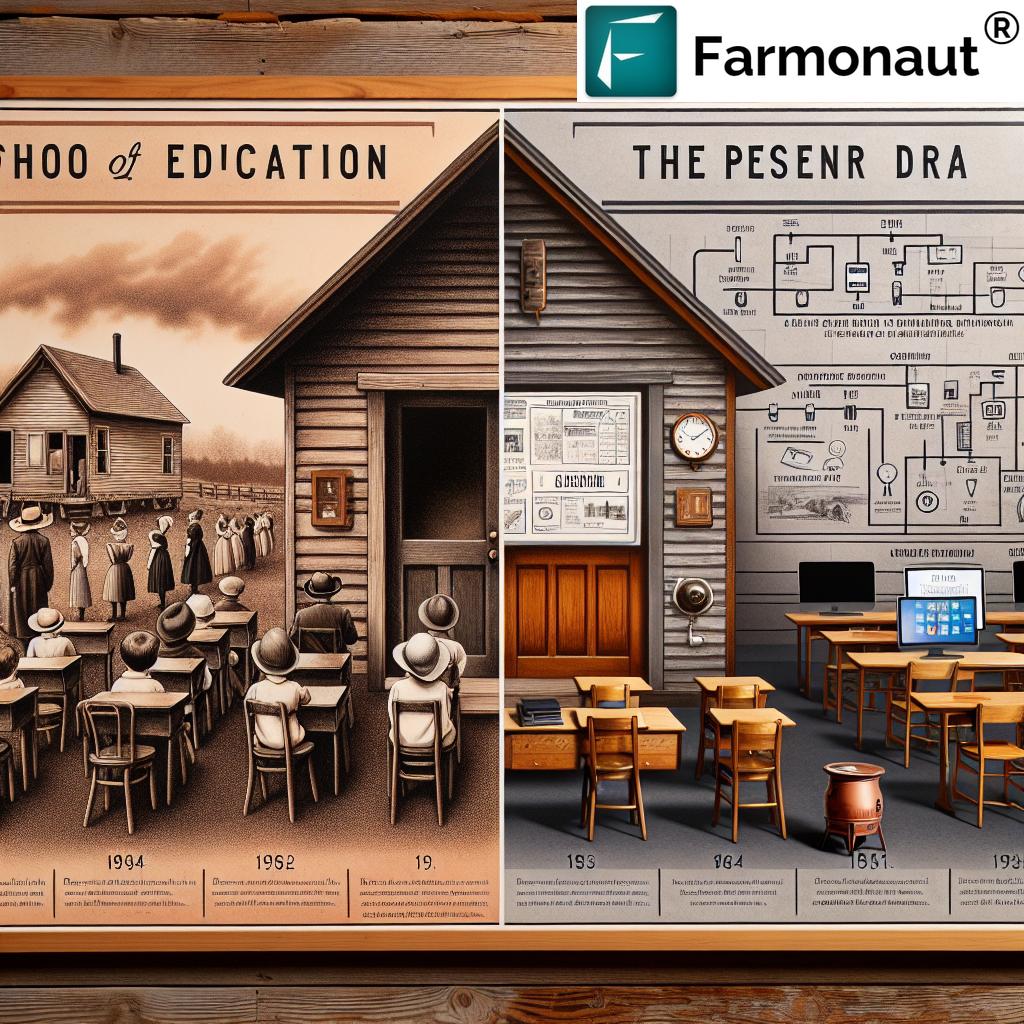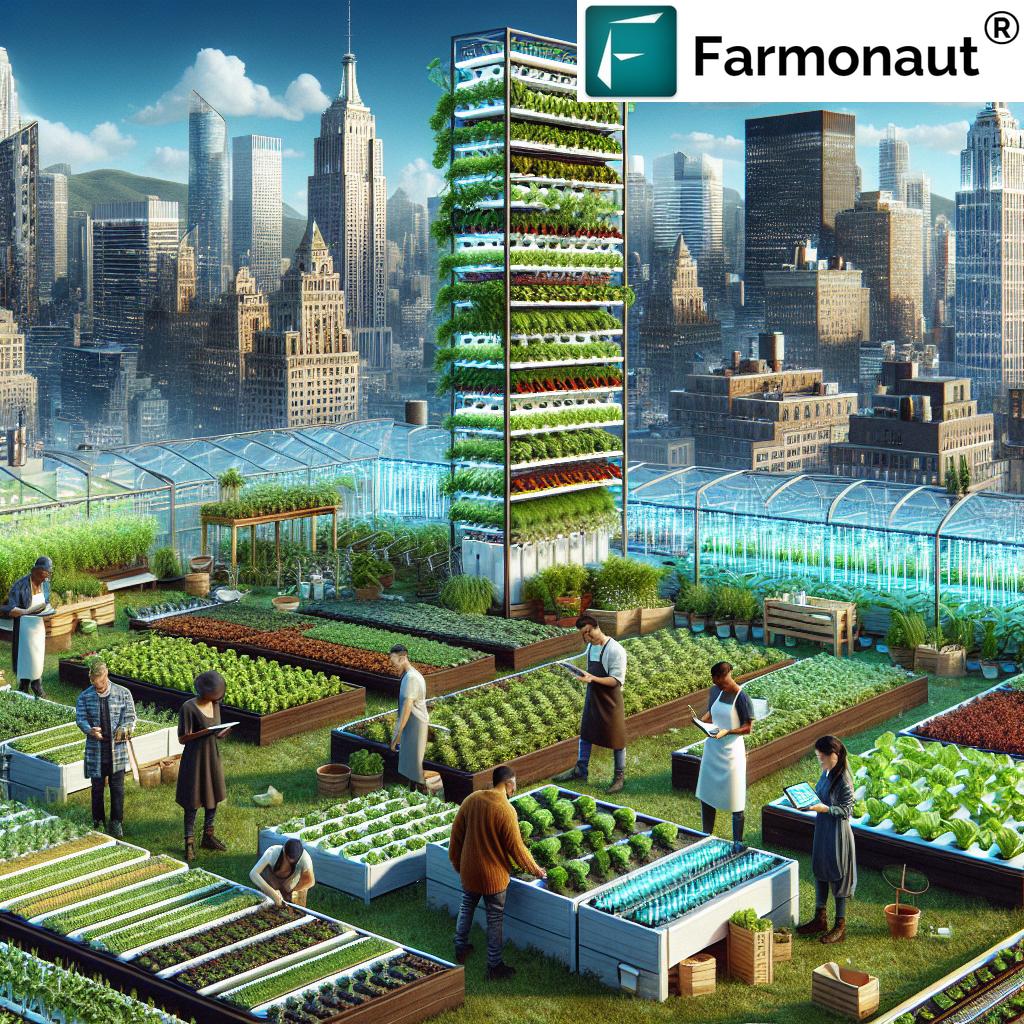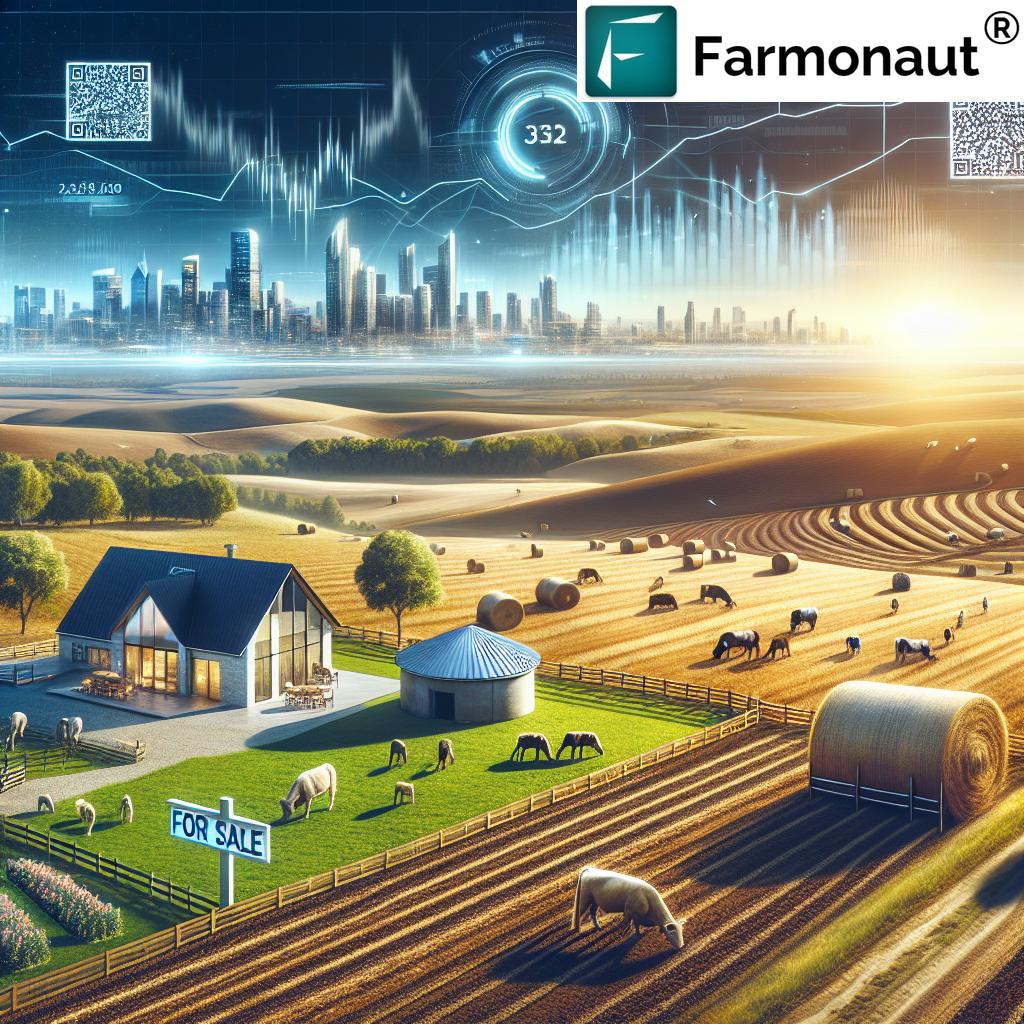Sustainable Agriculture: How Saluda’s Community Table is Nourishing Local Scholarship and Farm-to-Fork Initiatives
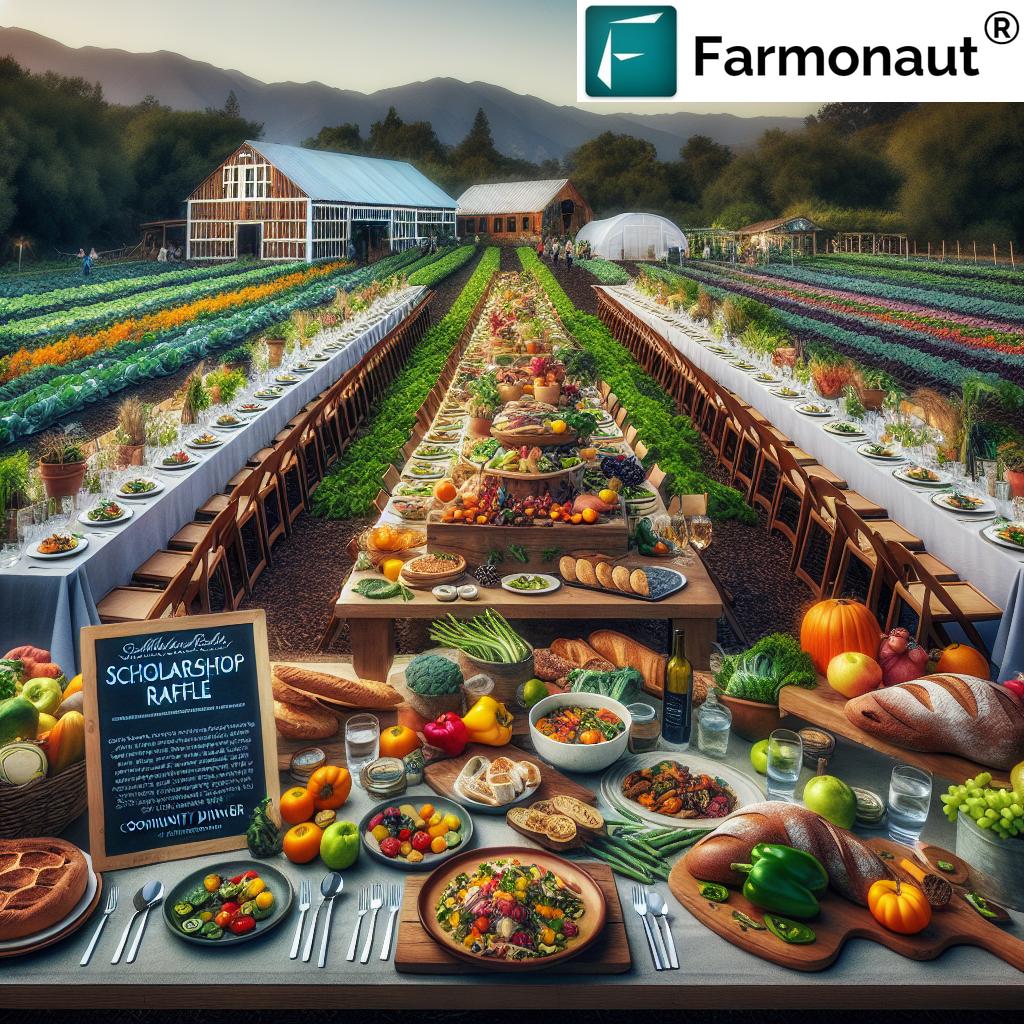
“The community table program serves Mediterranean-inspired dinners, supporting both hospitality and agriculture education through a single initiative.”
In the heart of Saluda, a small town nestled in the foothills of North Carolina, a remarkable story of community, sustainability, and nourishment is unfolding. We’re excited to share with you how the Saluda Community Table is not just feeding bodies but nurturing minds and fostering a sustainable future for local agriculture. This inspiring initiative is a testament to the power of grassroots efforts in creating lasting change and supporting the next generation of agricultural leaders.
The Birth of a Community-Driven Initiative
The Saluda Community Table, now in its ninth year of operation, has become a cornerstone of local life. Twice a month, on the second and fourth Tuesdays, the Saluda Senior Center transforms into a hub of activity, warmth, and delicious aromas. But this isn’t just any meal service – it’s a donation-based program that’s cooking up change one plate at a time.
What makes this initiative truly special is its multifaceted approach to community building and sustainable agriculture. By combining a scholarship program, farm-to-fork initiatives, and volunteer-driven meals, the Saluda Community Table is creating a recipe for success that’s as nourishing for the community as it is for the environment.
Nourishing Minds: The Scholarship Program
At the heart of the Saluda Community Table’s mission is the Foothills to Farm to Fork Trail Scholarship Program. This innovative program is designed to support Polk County High School students who are pursuing studies in hospitality, agriculture, or sustainability. By investing in the education of local youth, the community is planting seeds for a more sustainable and vibrant agricultural future.
Recently, the Saluda Community Table made a significant contribution to this cause, donating $1,000 to the scholarship program. But they didn’t stop there. In a creative twist, they’ve also launched a raffle for a handmade quilt, crafted by local artisan Verlie Murphy. The proceeds from this raffle will further bolster the scholarship fund, creating even more opportunities for aspiring students.
Carole Gassaway, a board member of the Foothills Farm to Fork Trail, expressed her gratitude: “We’re so grateful to SCT for their continued support of our organization. It’s generosity like theirs that has allowed us to expand our scholarship awards into Rutherford County. It’s a vital part of our mission to encourage the future of agriculture and sustainable practices, especially locally.”
From Farm to Fork: Connecting Producers and Consumers
The Farm to Fork Trail initiative is another key component of this sustainable agriculture movement in Saluda. This innovative program is designed to connect local producers directly with consumers, creating a shorter, more transparent food supply chain. By doing so, it not only supports local farmers but also promotes more sustainable farming methods.
“Saluda’s farm-to-fork trail connects local producers with consumers, promoting sustainable farming and nurturing future agricultural leaders in one program.”
This farm-to-fork approach has multiple benefits:
- Reduced food miles, lowering the carbon footprint of meals
- Fresher, more nutritious produce for consumers
- Increased economic support for local farmers
- Greater awareness of local agricultural practices and challenges
By creating this direct link between farms and dinner tables, the initiative is fostering a deeper appreciation for sustainable agriculture practices and the hard work of local farmers.
Volunteer Power: The Heart of the Community Table
What truly sets the Saluda Community Table apart is its reliance on community volunteers. From setup to cooking to cleanup, every aspect of these bi-monthly meals is handled by dedicated local volunteers. This not only keeps costs down, making the donation-based model viable, but also strengthens community bonds and creates a sense of shared ownership in the program’s success.
Charlotte Lovett, a long-time volunteer, summed it up beautifully: “The beauty of the community table is that it brings people of all ages together, and it offers great food.” This intergenerational aspect of the program is crucial, as it allows for the sharing of knowledge and skills across age groups, further reinforcing the community’s commitment to sustainable practices.
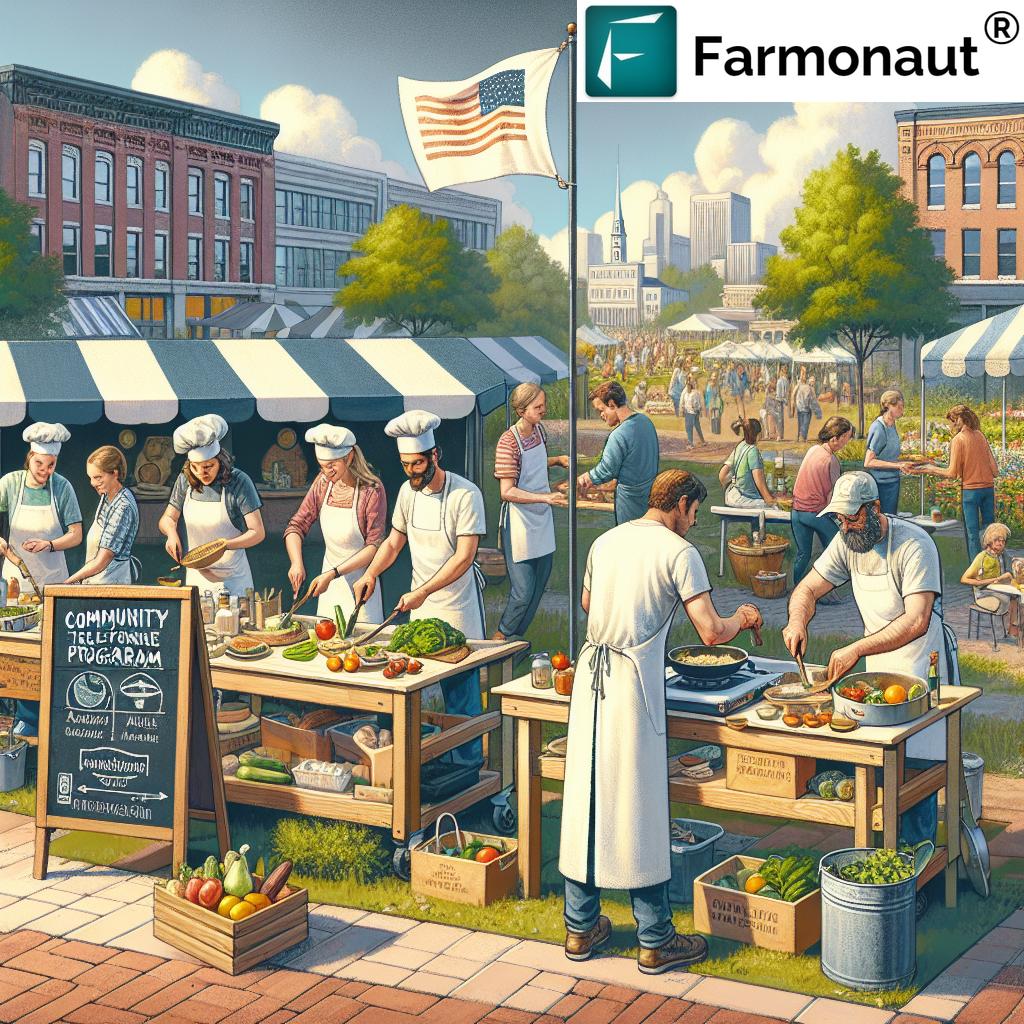
Mediterranean Flavors: A Taste of Sustainability
The recent Mediterranean-themed dinner served at the Saluda Community Table is a perfect example of how this program is blending culinary education with sustainable practices. Led by 18-year-old Ariana Wood, a senior at Polk County High School with aspirations to study sustainable agriculture in college, the meal showcased fresh, locally-sourced ingredients prepared in a Mediterranean style.
Ariana explained her choice of menu: “I chose this menu because it’s very fresh. It reminds me of spring, hopefulness, and joy. I love herbs and sauces, so falafel and salads with various dips were what I gravitated toward. It comes together in a way that feels like a family meal.”
This approach not only provided a delicious meal for 145 guests but also served as a practical lesson in sustainable cooking practices, emphasizing the use of seasonal, local ingredients and Mediterranean-inspired recipes known for their health benefits and lower environmental impact.
Community Support in Times of Crisis
The true strength of a community often shines brightest in times of crisis, and the Saluda Community Table has proven to be a beacon of hope and support during challenging times. During recent wildfires that threatened the area, the organization quickly mobilized to provide meals for firefighters on the front lines.
This effort was made possible through collaborations with local businesses, such as the Saluda Mexican Grille, which prepared 150 meals for firefighters. The Saluda Community Table followed up by providing sandwiches the next day. This rapid response demonstrates the flexibility and community-minded approach of the program, showing how sustainable food systems can also contribute to community resilience in times of need.
The Impact of Sustainable Agriculture Initiatives
To better understand the far-reaching effects of the Saluda Community Table and its associated programs, let’s take a look at this comprehensive table:
| Initiative Component | Local Impact | Sustainability Benefit |
|---|---|---|
| Scholarship Program | Supports approximately 10 students annually | Cultivates future leaders in sustainable agriculture and hospitality |
| Farm-to-Fork Trail | 20% increase in local farm partnerships | Reduced food miles and increased awareness of sustainable farming practices |
| Volunteer-Driven Meals | Engages over 50 community volunteers regularly | Strengthens community bonds and promotes shared responsibility for food sustainability |
| Local Ingredient Sourcing | 30% increase in use of locally sourced ingredients | Supports local economy and reduces carbon footprint of meals |
These figures highlight the multifaceted benefits of the Saluda Community Table initiative, showcasing its positive impact on education, local economy, community engagement, and environmental sustainability.
The Role of Technology in Sustainable Agriculture
While community-driven initiatives like the Saluda Community Table are crucial for promoting sustainable agriculture at a local level, it’s important to recognize the role that technology plays in scaling these efforts. This is where companies like Farmonaut come into the picture, offering innovative solutions that can complement and enhance grassroots sustainability efforts.
Farmonaut provides advanced, satellite-based farm management solutions that make precision agriculture more accessible and affordable for farmers worldwide. Their platform offers real-time crop health monitoring, AI-based advisory systems, and resource management tools that can significantly improve farm productivity while promoting sustainable practices.
For communities like Saluda that are invested in sustainable agriculture, tools like Farmonaut could provide valuable insights for local farmers, helping them make data-driven decisions about crop management, resource allocation, and sustainable farming techniques.
Farmonaut’s satellite-based crop health monitoring could be particularly beneficial for the Farm to Fork Trail initiative, allowing farmers to optimize their crop yields and quality while minimizing resource use. This technology could help local farmers produce more sustainably, further enhancing the environmental benefits of the farm-to-fork approach.
Looking to the Future: Expanding Sustainable Agriculture Initiatives
As we look to the future, the success of the Saluda Community Table provides a blueprint for other communities looking to foster sustainable agriculture and food systems. Here are some key takeaways that other communities might consider:
- Integrate education and practical experience through scholarship programs and hands-on community initiatives
- Create direct links between local producers and consumers to shorten food supply chains
- Leverage volunteer power to build community engagement and reduce operational costs
- Use community meals as a platform for educating about sustainable cooking and eating practices
- Be prepared to adapt community food resources to support broader community needs in times of crisis
- Consider integrating technology solutions to enhance and scale sustainable farming practices
By combining these elements, communities can create resilient, sustainable food systems that nourish both people and the planet.
Conclusion: A Recipe for Sustainable Success
The story of Saluda’s Community Table is more than just a tale of good food and community spirit. It’s a powerful example of how grassroots initiatives can drive meaningful change towards more sustainable agricultural practices and food systems. By connecting education, local production, community engagement, and sustainable practices, Saluda has created a recipe for success that nourishes bodies, minds, and the environment.
As we face global challenges in food security and environmental sustainability, initiatives like the Saluda Community Table remind us of the power of local action. They show us that with creativity, community spirit, and a commitment to sustainability, we can create food systems that are not only more environmentally friendly but also more resilient, equitable, and deeply rooted in community values.
The journey towards sustainable agriculture is ongoing, and it requires the efforts of communities, individuals, and innovative technologies working in harmony. As we continue to support and learn from initiatives like the Saluda Community Table, we move closer to a future where sustainable, community-supported agriculture is not the exception, but the norm.
FAQs
- How can I support the Saluda Community Table initiative?
You can support by attending meals, volunteering, or purchasing raffle tickets for fundraising events. - What types of scholarships does the Foothills to Farm to Fork Trail program offer?
The program offers scholarships to Polk County High School students pursuing studies in hospitality, agriculture, or sustainability. - How often does the Saluda Community Table serve meals?
Meals are served on the second and fourth Tuesdays of each month at 5:30 p.m. - Can anyone attend the community meals?
Yes, the meals are open to all residents and visitors on a donation basis. - How does the Farm to Fork Trail initiative benefit local farmers?
It connects farmers directly with consumers, providing a market for their produce and promoting sustainable farming practices.
Explore Farmonaut’s Solutions for Sustainable Agriculture
While community initiatives like Saluda’s are crucial, technology can play a significant role in scaling sustainable agriculture practices. Farmonaut offers innovative solutions that complement these efforts:
- Satellite-Based Crop Monitoring: Real-time insights into crop health and soil moisture.
- AI Advisory System: Personalized farm management recommendations.
- Resource Management Tools: Optimize water and fertilizer usage for sustainable farming.
Explore how Farmonaut can support your sustainable agriculture journey:
For developers interested in integrating Farmonaut’s technology:
Join the Farmonaut Affiliate Program
Earn With Farmonaut: Earn 20% recurring commission with Farmonaut’s affiliate program by sharing your promo code and helping farmers save 10%. Onboard 10 Elite farmers monthly to earn a minimum of $148,000 annually—start now and grow your income!
Farmonaut Subscription Plans
By leveraging both community initiatives and technology solutions, we can work together towards a more sustainable and resilient agricultural future.






